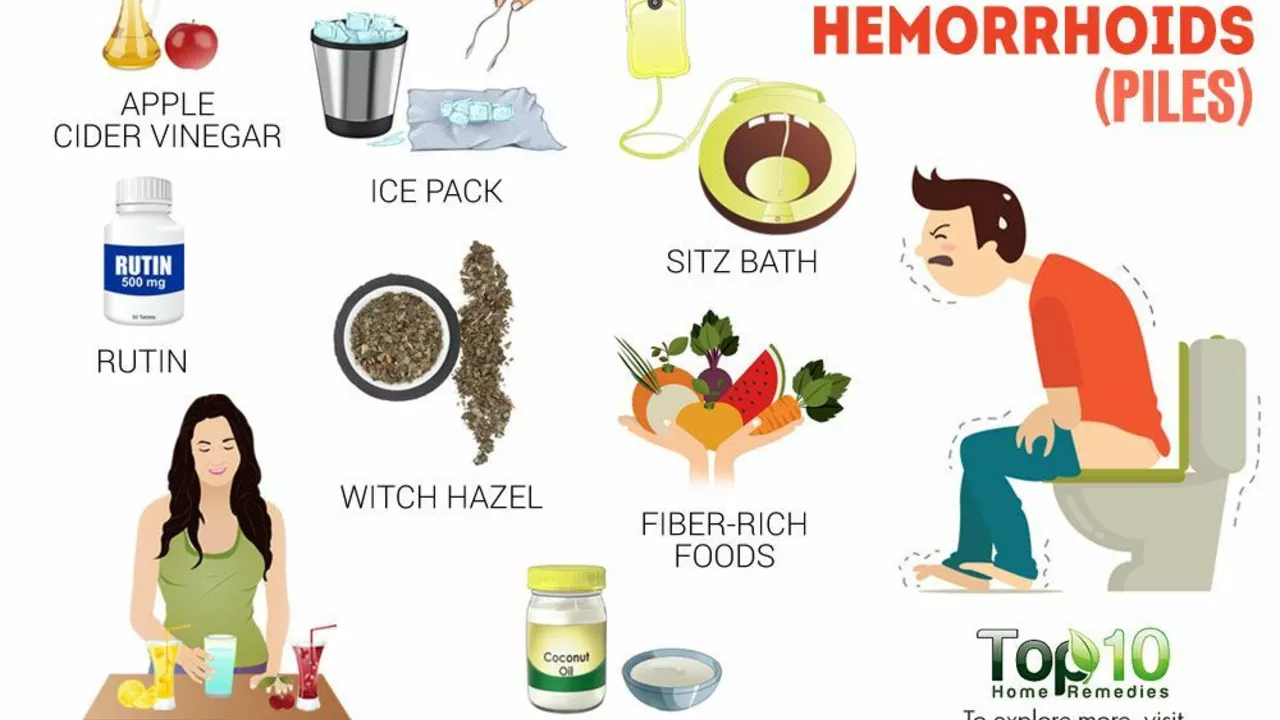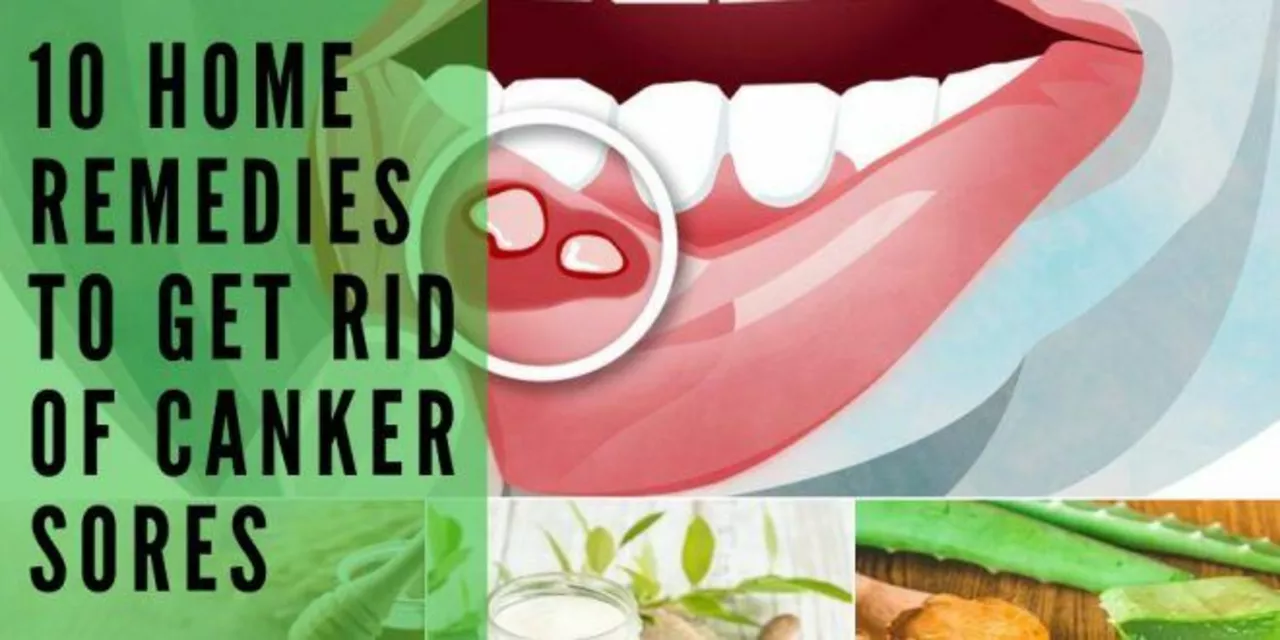Home remedies that actually help
Sick of scrolling through every cure under the sun? Here are straight-forward, practical home remedies you can try for common problems—without wasting time or money. These tips focus on safety first, then on what’s likely to give real relief.
Quick home fixes you can try today
Sore throat: Gargle warm salt water (half teaspoon salt in 8 oz warm water) every few hours. It reduces swelling and clears mucus.
Cough and mild cold: Honey soothes coughs for kids over 1 year and adults. A spoonful before bed often helps reduce nighttime coughing.
Nasal congestion: Steam inhalation for 5–10 minutes can loosen mucus. Try a hot shower or a bowl of hot water with a towel over your head—breathe slowly.
Minor sprain or swelling: R.I.C.E.—rest, ice, compression, elevation. Ice for 15–20 minutes every 1–2 hours for the first 48 hours.
Mild headaches or fever: Over-the-counter pain relievers can work well, but follow the label and never mix meds without checking. If you want a deeper read, check our Acetaminophen article for safety tips.
Safety, supplements, and when to see a doctor
Natural doesn’t always mean safe. Herbal oils and supplements can interact with prescriptions. For example, if you take blood thinners like Plavix, always check with your doctor before adding supplements—some can change how medications work.
If you’re buying meds or supplements online, be careful. Cross-border purchases and sketchy pharmacy sites can bring legal or safety issues. Read our guide on cross-border drug purchasing before ordering from abroad.
Use caution with essential oils. Rose geranium oil has benefits some people report, but it’s not a substitute for medical care. Always patch-test topicals and avoid ingestion unless a qualified provider says it’s safe.
Know the red flags: high fever that won’t drop, severe shortness of breath, uncontrolled bleeding, sudden chest pain, or signs of infection that spread quickly. Those need immediate medical attention.
Want alternatives to common meds? We cover safer options and when they’re appropriate—like pain-relief alternatives to Meloxicam or antibiotic options when one drug won’t work. Use these guides to talk with your clinician, not to self-prescribe.
Home remedies are best when they’re simple, evidence-backed, and used with common sense. Try the small fixes above, keep an eye on symptoms, and ask a clinician if anything feels off. If you want more reading, check our Acetaminophen, Rose Geranium Oil, and Ventolin guides for practical, site-tested advice.
Hemorrhoid Self-Care: Tips for Managing Symptoms at Home

Managing hemorrhoids at home can be quite a task, but there are a few self-care tips that can help alleviate the symptoms. Simple lifestyle changes like drinking plenty of fluids and adding more fiber to your diet can prevent constipation - a major cause of hemorrhoids. Regular exercise also promotes bowel movements. Using over-the-counter creams or pads containing witch hazel can offer temporary relief. Remember, if symptoms persist, it's always best to consult with a medical professional.
Home remedies for healing sores quickly and effectively

As a blogger who loves exploring natural remedies, I've recently discovered some amazing home remedies for healing sores quickly and effectively. I was amazed at how simple ingredients like honey, aloe vera, and even garlic can help speed up the healing process. I also found out that essential oils like tea tree and lavender oil can work wonders in soothing the affected area. Surprisingly, even a warm saltwater rinse can help in reducing inflammation and preventing infection. I can't wait to share these remedies with my readers and help them find relief from painful sores with these safe and natural methods.
